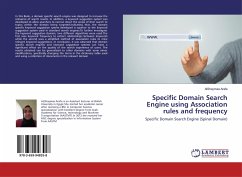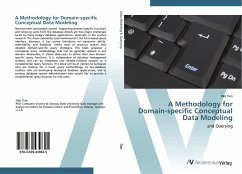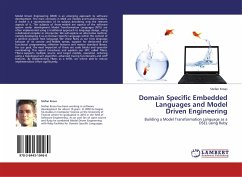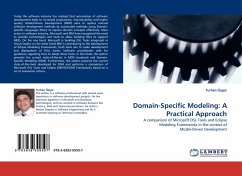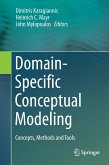The universal spam problem is brought into perspective by a casual interrogation of regular e-mailers and other users of Internet services. E-mail infrastructures are clogged with Advance Fee Fraud (AFF) scams, characterized by bogus business proposals and fraudulent joint ventures. It is evident that current technologies that filter at the recipients' end of the e-mail infrastructures are not so effective against AFF e-mails. This is because Spammers have developed tactics that beats Spam filters at the recipients end. In this book, an outbound e-mail spam filtering system tagged SPAMAng, that treats spam mails at the origin is proposed, developed and implemented. Using Naïve Bayes Classification, the system operates by building a knowledge base for expert analysis of fraudulent e-mails. The system which can be tailored to handle intrusion detection in enterprise networks, detects and appropriately flag suspected spamming activities at Internet access nodes. It informs system administrators of nodes within the network where suspected fraudulent e-mails are emanating, thus providing opportunities for e-mail inspection avoidance of intermediary liability to the service provider.
Bitte wählen Sie Ihr Anliegen aus.
Rechnungen
Retourenschein anfordern
Bestellstatus
Storno


